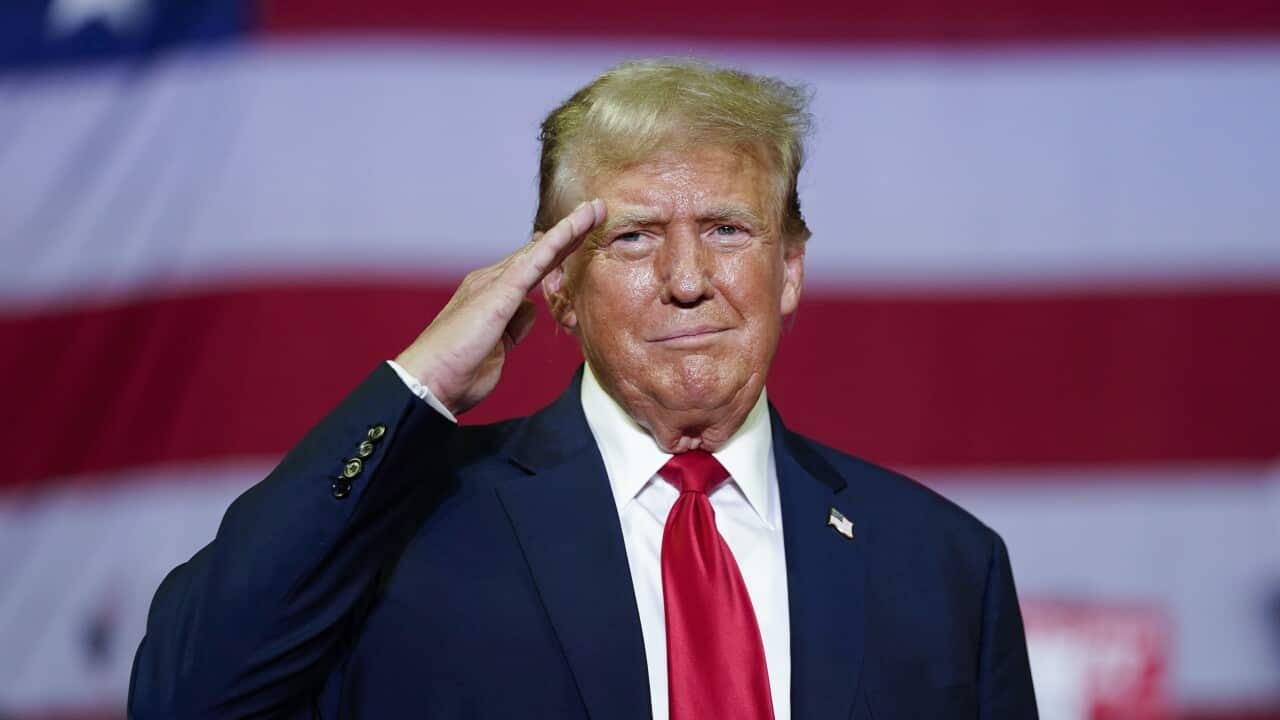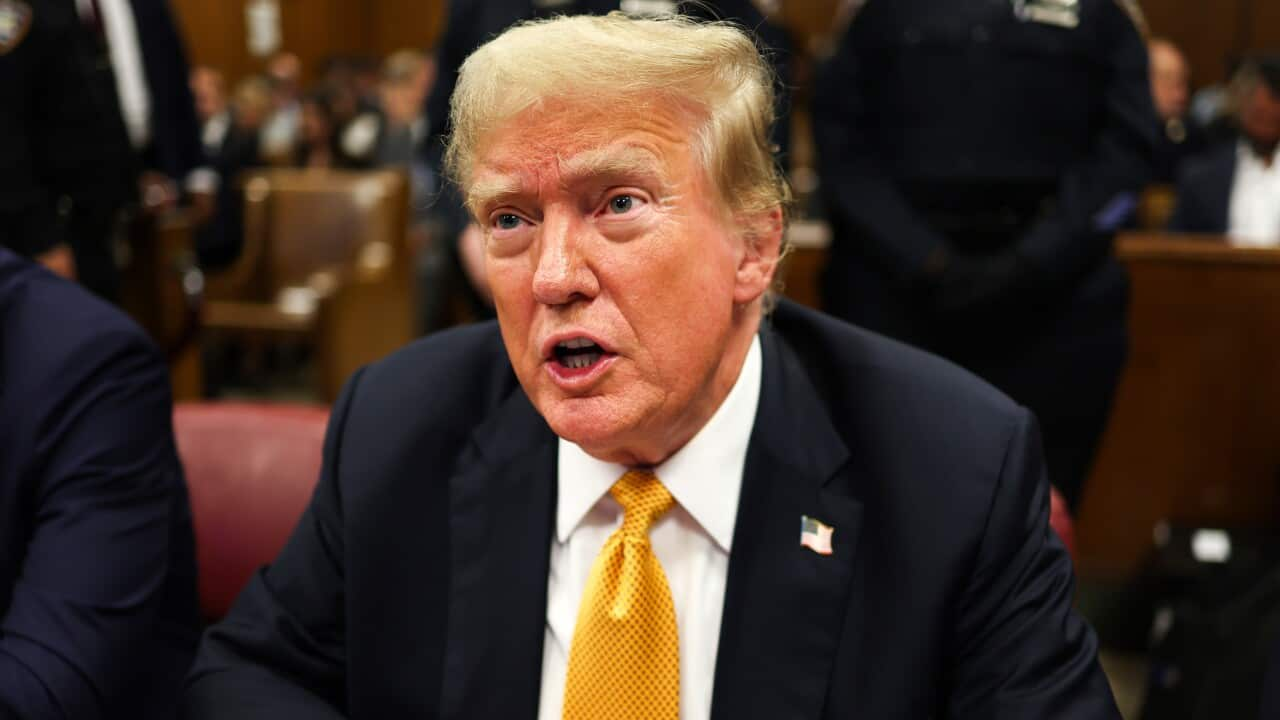Key Points
- In a landmark ruling, the US Supreme Court has ruled presidents are partially immune from criminal prosecution.
- The ruling will impact charges Donald Trump is facing over his efforts to overturn the 2020 presidential election.
- Trump hailed the ruling as a "big win for democracy".
The United States Supreme Court has found that Donald Trump cannot be prosecuted for any actions within his constitutional powers as president, but can for private acts.
It is the first ruling in the US to recognise any form of presidential immunity from prosecution.
In a 6-3 decision, the justices threw out a lower court's decision that rejected Trump's claim of immunity from federal criminal charges involving his efforts to undo his 2020 election loss to Joe Biden.
The six conservative justices were in the majority, while its three liberal members dissented.
Trump is the Republican candidate challenging Biden in the 5 November election in a 2020 rematch.
Presidents must execute duties 'fearlessly and fairly'
"We conclude that under our constitutional structure of separated powers, the nature of presidential power requires that a former president have some immunity from criminal prosecution for official acts during his tenure in office," chief justice John Roberts wrote.
Immunity for former presidents is "absolute" with respect to their "core constitutional powers", Roberts wrote.
Roberts said the former president has "at least a presumptive immunity" for "acts within the outer perimeter of his official responsibility", meaning prosecutors face a high legal bar to overcome that presumption.
Roberts cited the need for presidents to "execute the duties of his office fearlessly and fairly" without the threat of prosecution.
"As for a president's unofficial acts," Roberts added, "there is no immunity".
Trump hailed the ruling in a social media post.
"BIG WIN FOR OUR CONSTITUTION AND DEMOCRACY. PROUD TO BE AN AMERICAN!" he wrote.
The court's slow handling of the case also helped Trump by making it unlikely that any trial on the charges brought by special counsel Jack Smith could be completed before the election.
In the special counsel's August 2023 indictment, Trump was charged with conspiring to defraud the US, corruptly obstructing an official proceeding and conspiring to do so, and conspiring against the right of Americans to vote.
He has pleaded not guilty.
A 'law-free zone around the president'
Trump's trial had been scheduled to start on 4 March before the delays over the immunity issue. Now, no trial date is set.
Trump made his immunity claim to the trial judge in October, meaning the issue has been litigated for about nine months.
Justice Sonia Sotomayor, joined by fellow liberal justices Elena Kagan and Ketanji Brown Jackson, delivered a sharply worded dissent, saying the ruling effectively creates a "law-free zone around the president".
"When he uses his official powers in any way, under the majority's reasoning, he now will be insulated from criminal prosecution. Orders the Navy's Seal Team 6 to assassinate a political rival? Immune. Organises a military coup to hold onto power? Immune. Takes a bribe in exchange for a pardon? Immune. Immune, immune, immune," Sotomayor wrote.
"In every use of official power, the president is now a king above the law," Sotomayor added.
The president is now a king above the law.Justice Sonia Sotomayor
Joe Biden's response to the Supreme Court ruling
Biden said the ruling set a "dangerous precedent".
"For all practical purposes, today's decision almost certainly means that there are virtually no limits on what a president can do," he said.
"This is a fundamentally new principle, and it's a dangerous precedent."
Trump is the first former US president to be criminally prosecuted as well as the first former president convicted of a crime.
Smith's election subversion charges embody one of the four criminal cases Trump has faced.
If Trump regains the presidency, he could try to force an end to the prosecution or potentially pardon himself for any federal crimes.











